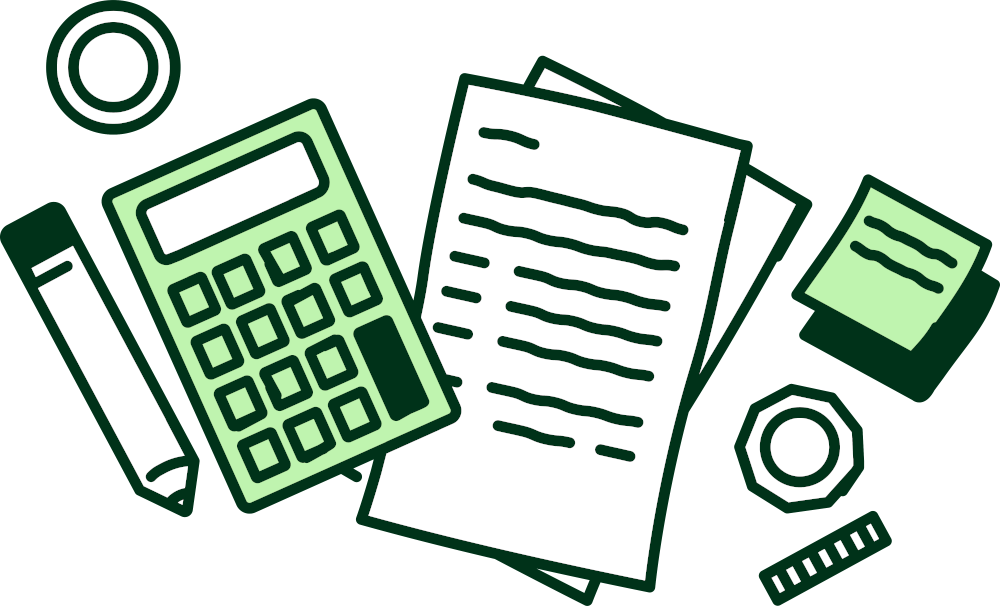What is debt consolidation?
Debt consolidation is where you borrow money and use it to pay off your other debts in full.
Is it a good idea?
Debt consolidation can seem like a good solution, but it sometimes leads you further into debt. Borrowing more money is usually not a good idea if you are finding it hard to pay bills or are missing payments on your debts.
Should I consolidate if I can afford my current payments?
If you are not behind with your payments, you need to weigh up whether debt consolidation is right for you.
A consolidation loan might lower the monthly amount that you need to pay. However, it might take you longer to pay back than your original debt. This makes some consolidation loans more expensive in the long term.
Should I consolidate if I cannot afford my current payments?
If you cannot afford to meet your existing debt payments, pay your essential bills, or have already missed payments, it is probably not a good idea to borrow more money. You could end up in a lot more debt.
What else can I do?
There may be other ways to deal with your debt. For example, creditors may freeze the interest on your debts if you offer to make payments that you can afford. If you cannot afford to repay your debts in full, you may be able to get some of the debt written off.
Here are some tips if you do decide to borrow more money:
- Before deciding to take out credit, or consolidate your debts, complete a budget. This will help you see how much you can afford to pay towards any new credit you take out. You can use our Digital Advice Tool to work out your budget.
- Shop around for the best deals and make sure you know how much the credit will cost.
- Check the interest rates and compare different types of credit to see how much you have to pay in total.
- Check the Annual Percentage Rate (APR). This tells you how expensive the loan will be. The APR is usually higher than the interest rate that lender’s quote. The APR shows the true cost of the credit.
- Try to pay things back as quickly as you can. The longer you take, the more interest can be added.


